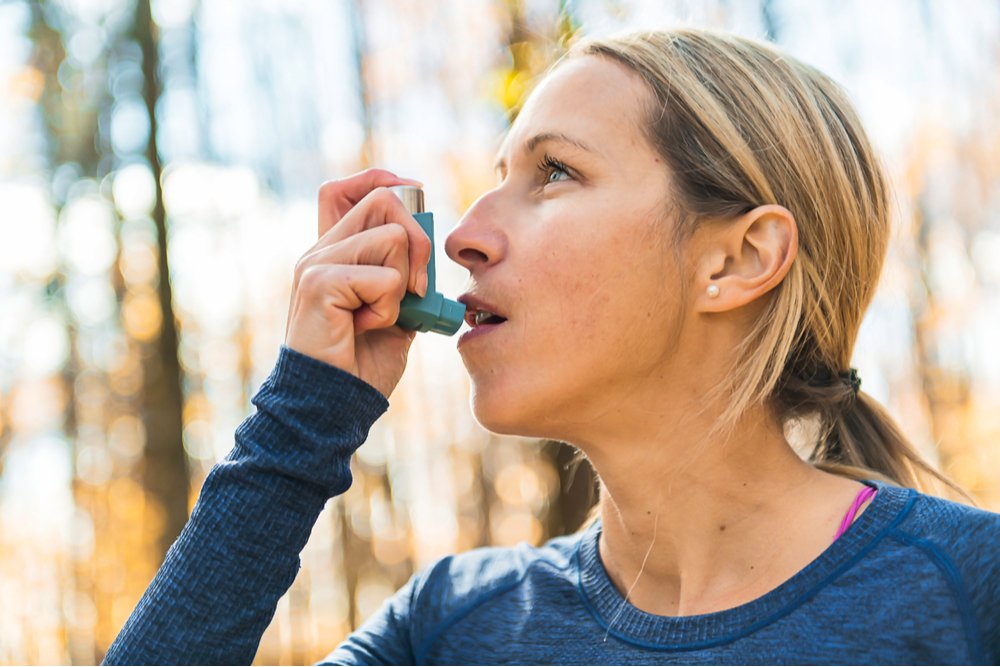
The warm summer months are a time when most people want to be outside enjoying the weather. But for asthma sufferers, the summertime can actually be the most uncomfortable time of the year. This summer has been noticeably difficult for many people in Atlanta, with a range of environmental factors involved. So why exactly is the summer so bad for those with asthma?
How Summer Weather Conditions Can Affect Your Asthma
Asthma issues in the summer can come down to several factors. If you are struggling at this time of year, a consultation with your doctor can identify the root of the problem. Here are some of the likely causes to consider.
Hot Weather
Weather conditions affect asthma sufferers in different ways. While some people are most impacted by cold weather, others have a difficult time in hot and humid conditions. The exact reasons why hot weather has a detrimental impact are not certain, but it’s commonly assumed that the airways narrow as you breathe in hot air. This narrowing can result in difficulty breathing and persistent coughing.
Grass Pollen
Pollen causes hay fever, which frequently leads to asthma complaints. Grass pollen is the most common cause of hay fever, with peak periods occurring from May to July. However, for some hay fever sufferers, grass pollen will still cause problems throughout August and into September. Antihistamines can be effective in dealing with hay fever, though it can be worth getting tested for allergic asthma by an allergy doctor.
Ragweed Pollen
Ragweed pollen can be a major problem for people with asthma. August and September are the peak months, often leading to breathing difficulties, coughing and wheezing. For people with hay fever, ragweed can be a particular problem due to the distance the pollen can travel. Paying attention to the daily pollen count and limiting time outdoors can reduce asthma symptoms.
Mold Spores
Mold is a common allergy trigger and frequently leads to asthma issues. One symptom of a mold allergy is restricted breathing and tightening of the airways. Humid weather provides the best conditions for mold spores to grow, and air conditioning units can spread mold throughout the home.
Air Pollution
Air pollution has been shown to increase the chances of asthma episodes on high pollution summer days by 40%. Elements including smoke, dust and gases regularly trigger asthma attacks that may result in visits to the emergency room. If you experience unexpected asthma symptoms during the summer, air pollution is likely to be a contributing factor.
Don’t Delay Treating Asthma
If your asthma is causing you to suffer this summer, Chacko Allergy, Asthma and Sinus Center may be able to help. Our centers in Alpharetta, Atlanta, Canton, Cumming, Druid Hills, Duluth and Johns Creek offer effective treatment for asthma, allergies and sinus problems. To make an appointment, call (678) 668-4688 or request help online.
